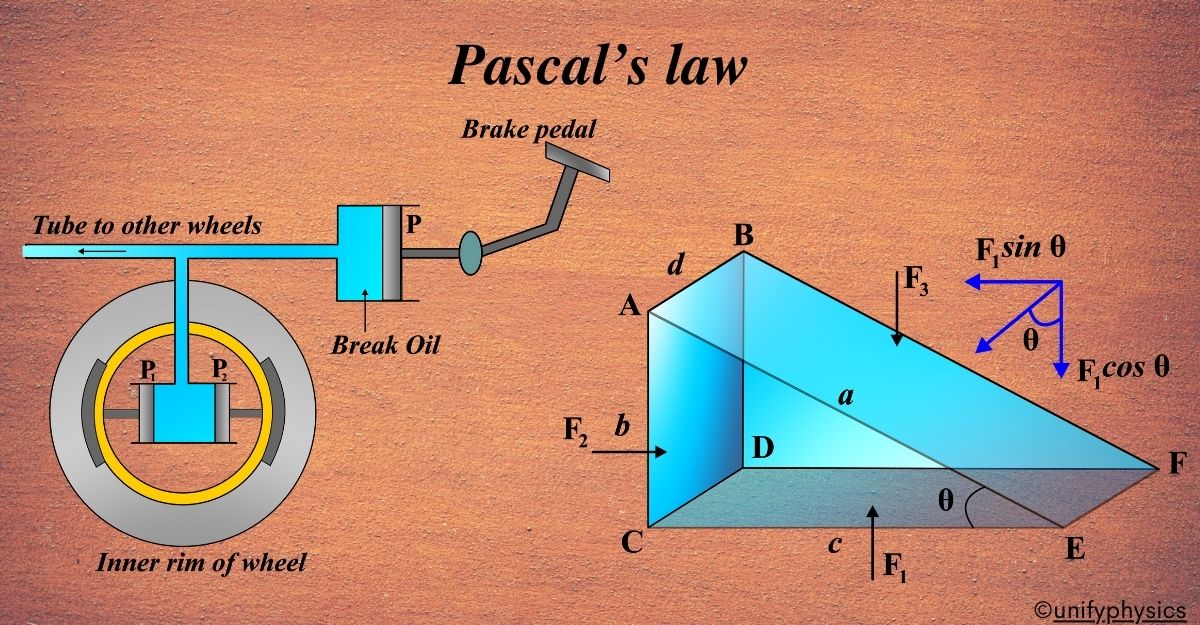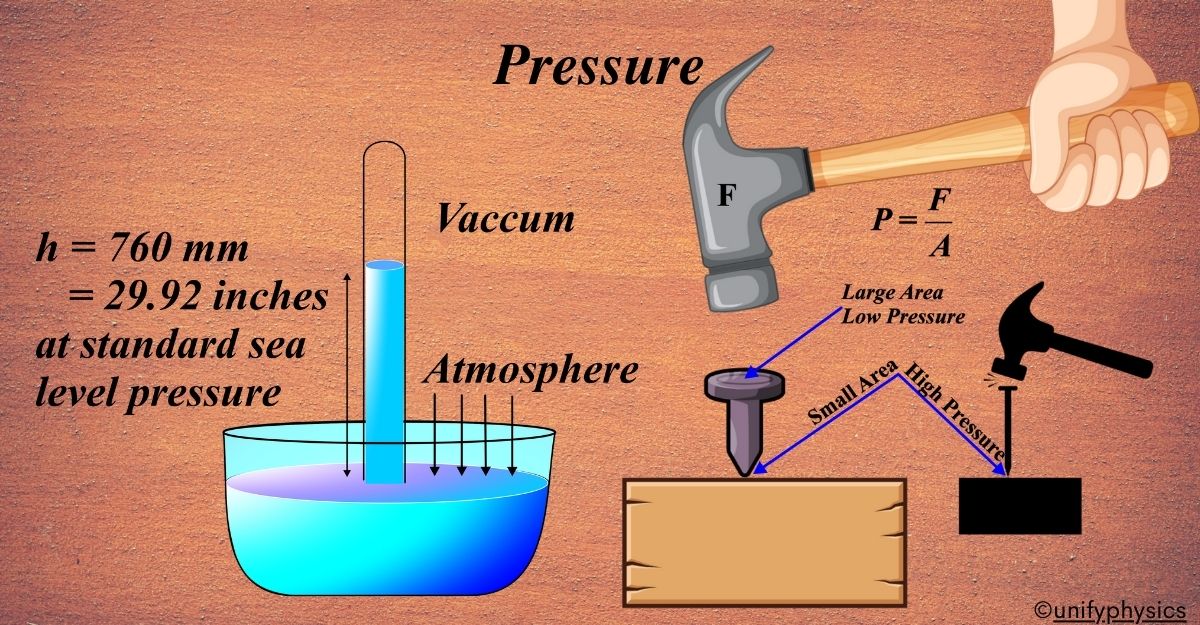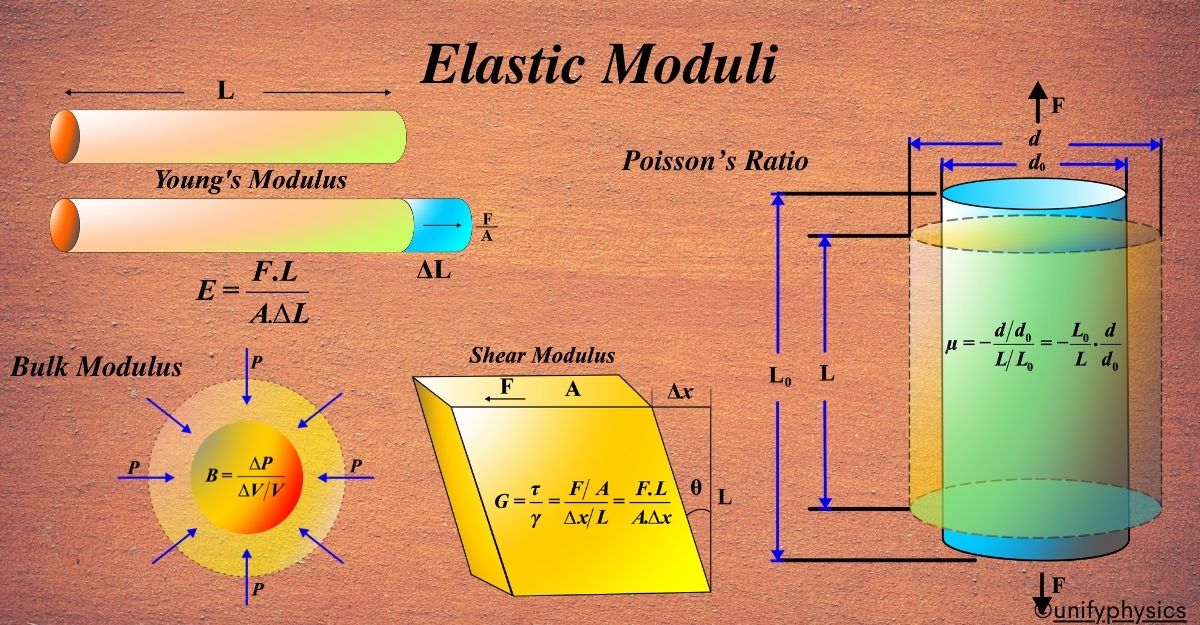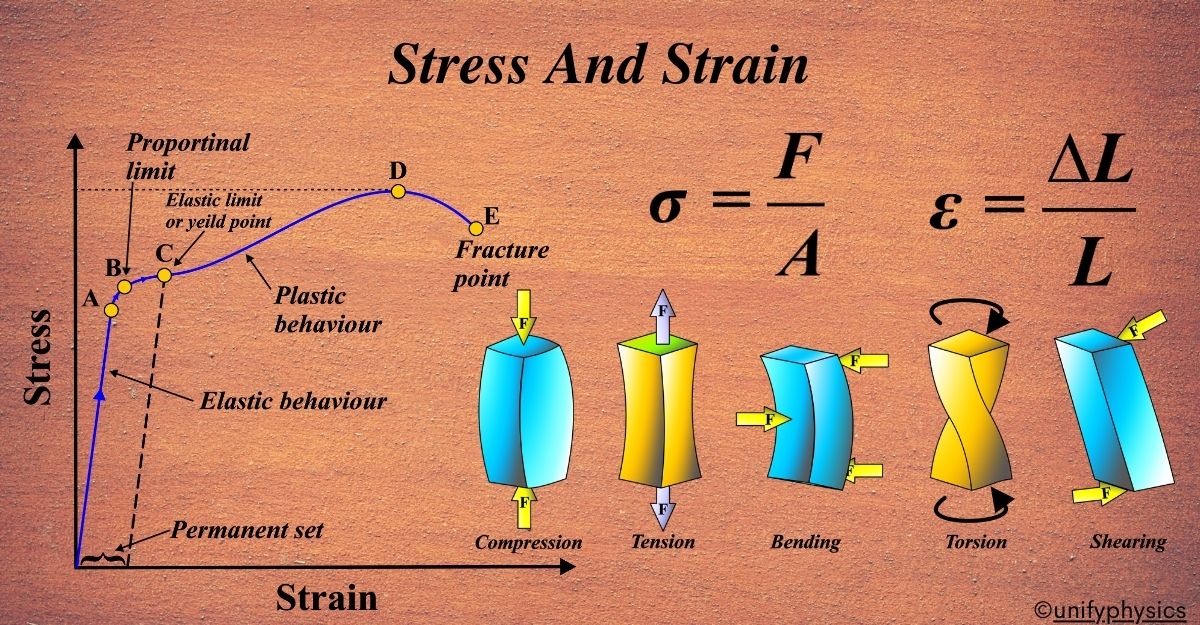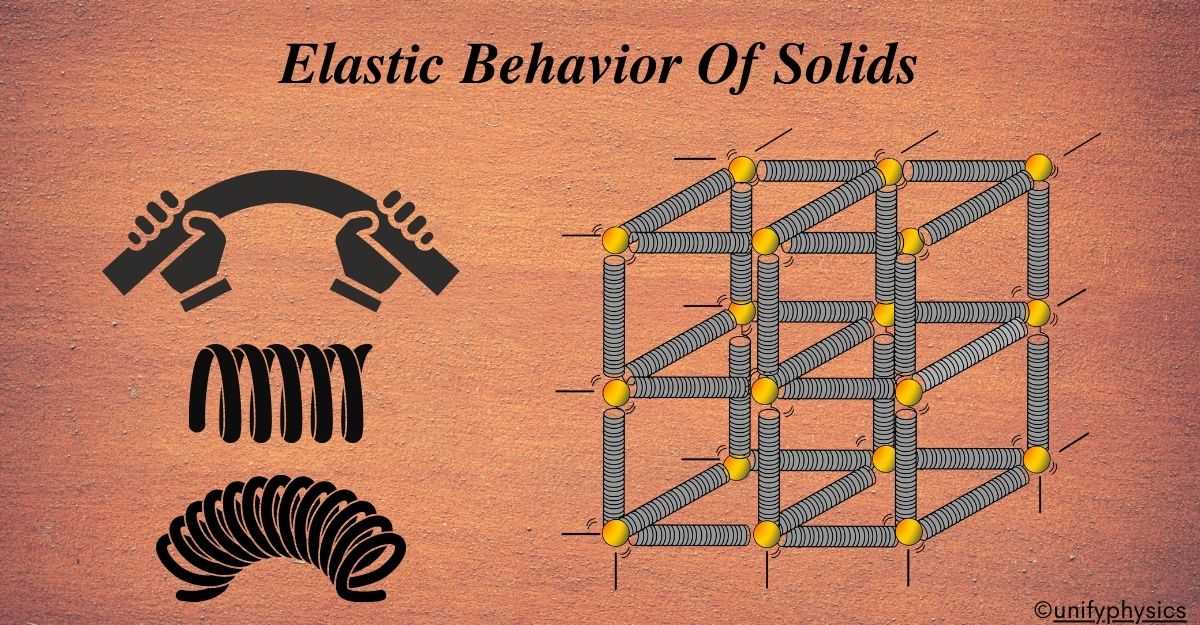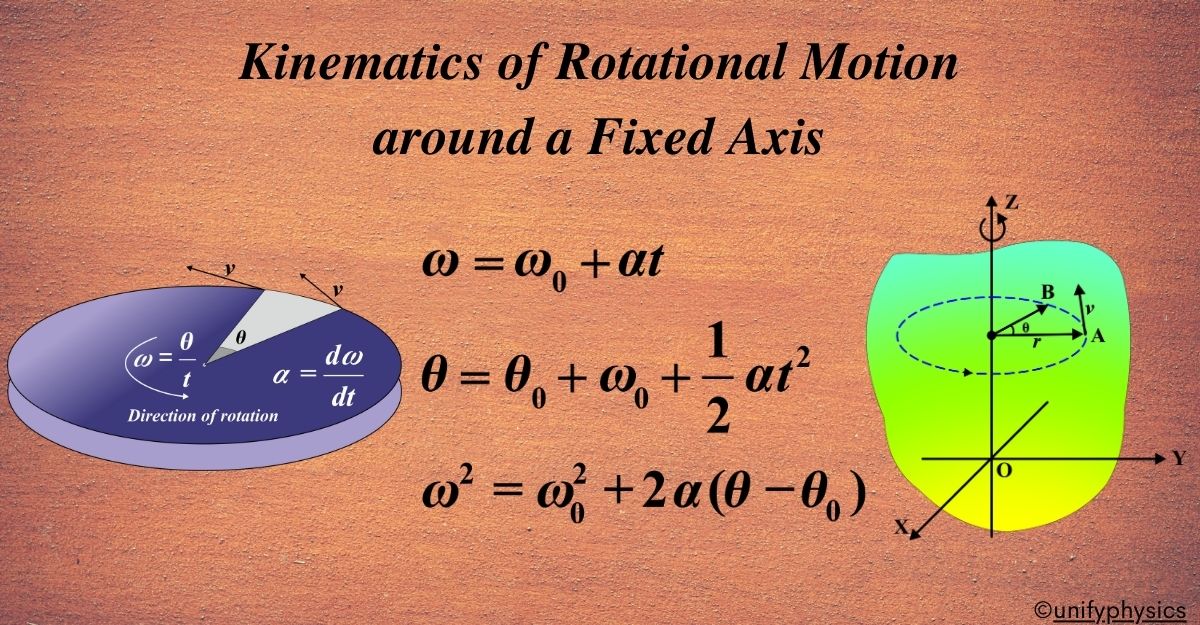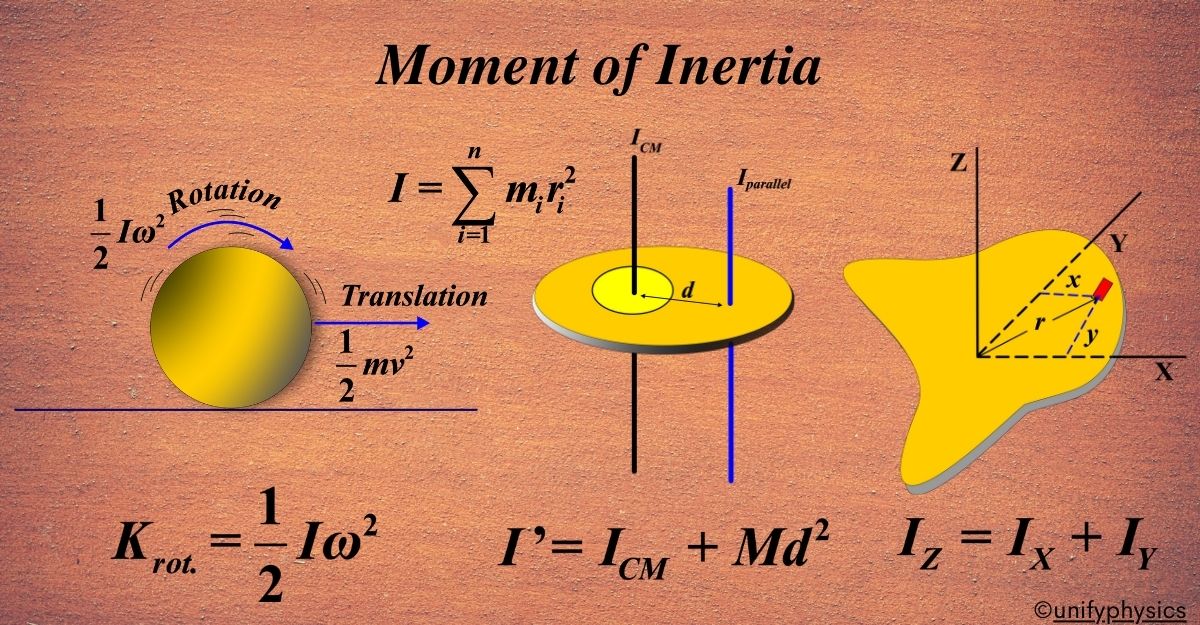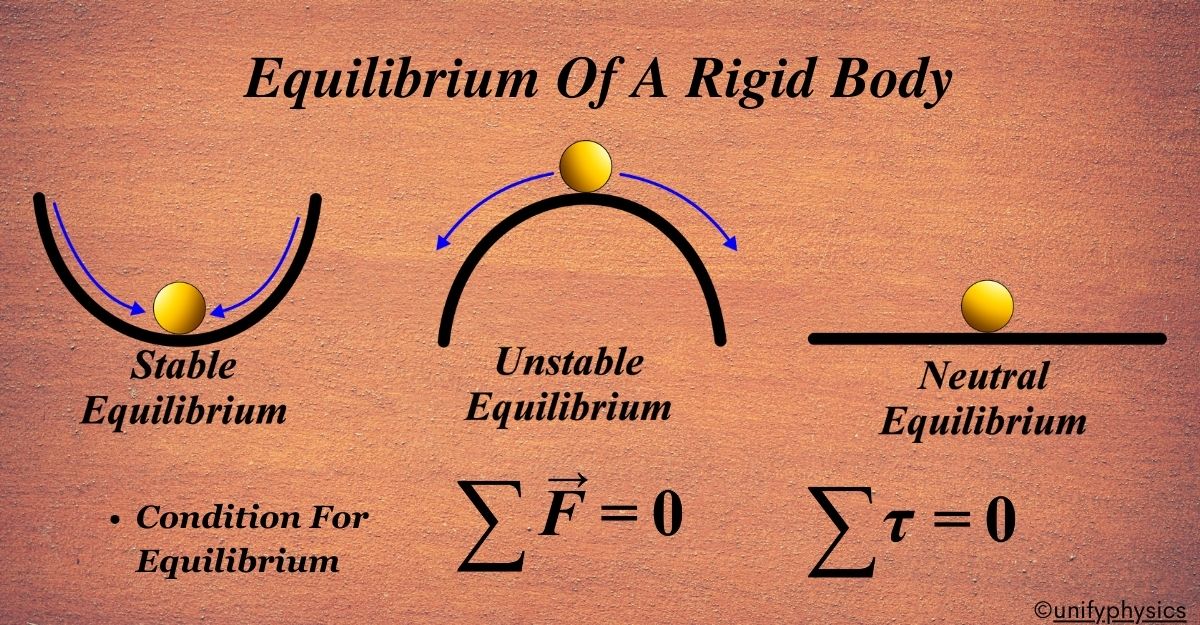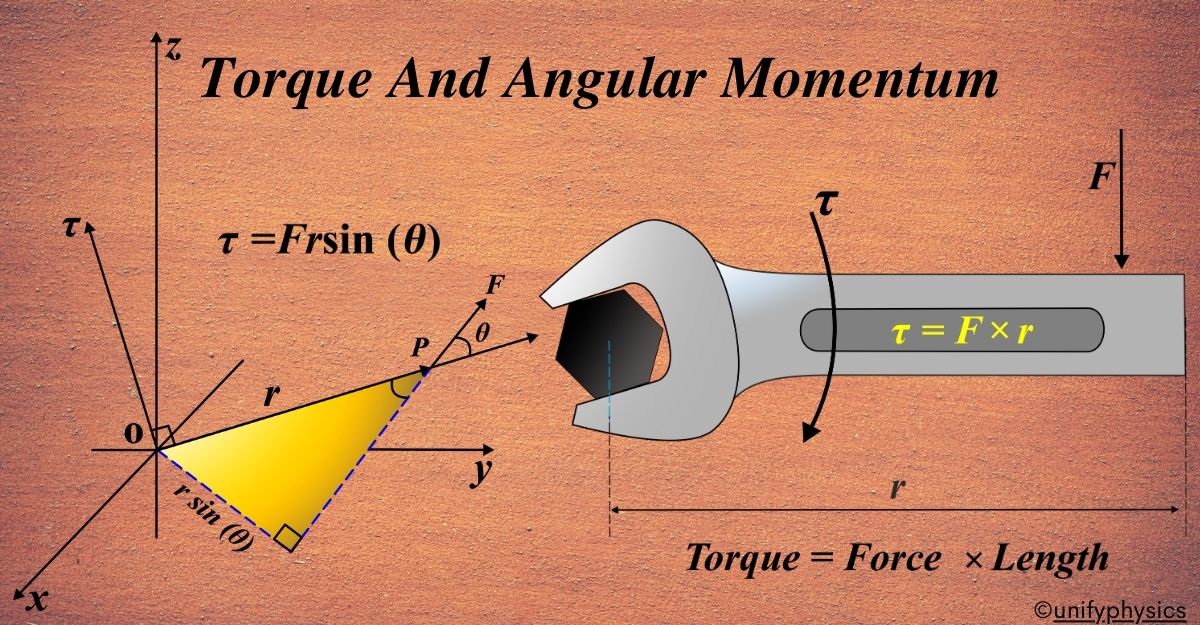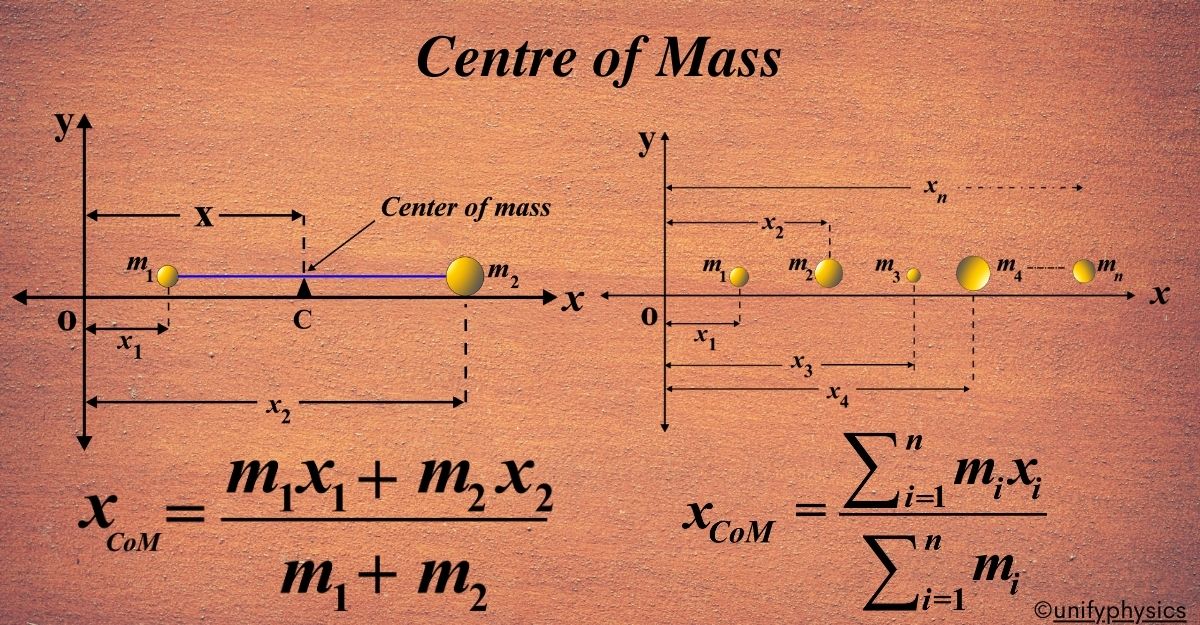Pascal’s law
Pascal’s Law states that when pressure is applied to a confined fluid, the pressure change occurs throughout the entire fluid equally and in all directions. This means that any external pressure on a fluid in a closed system will be felt equally at every point in that fluid. In the mid-17th century, a brilliant French … Read more
